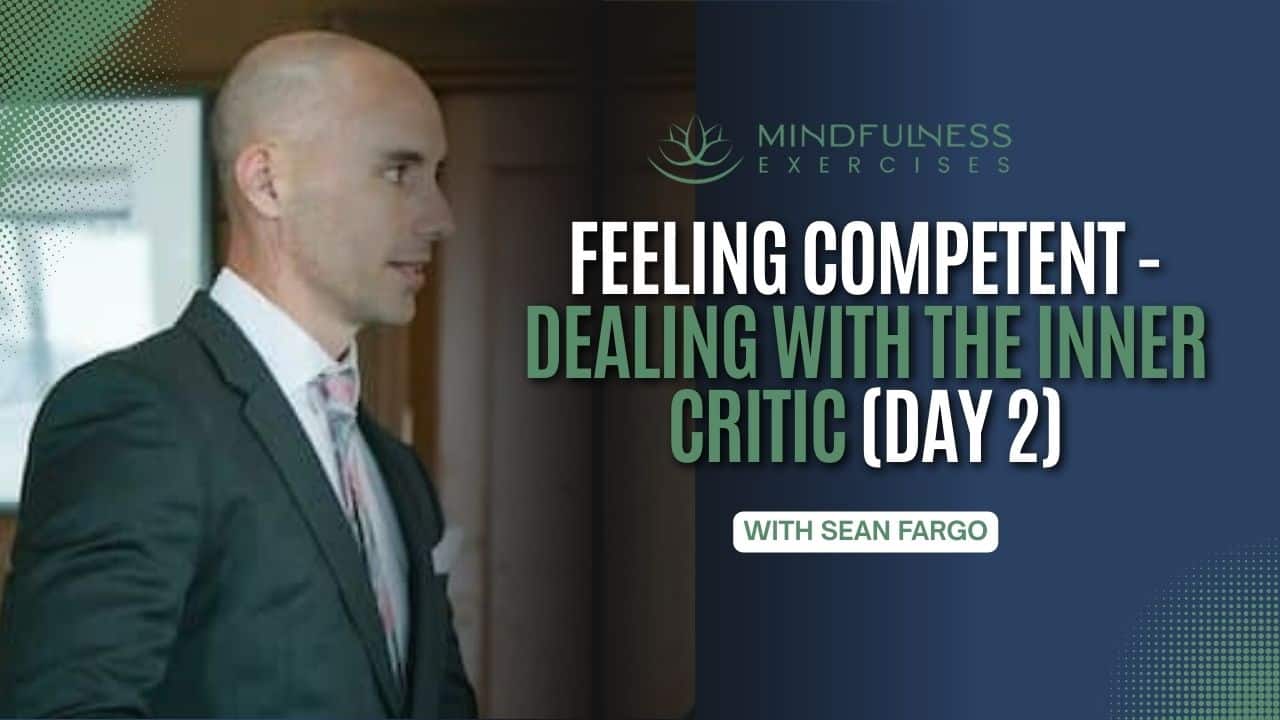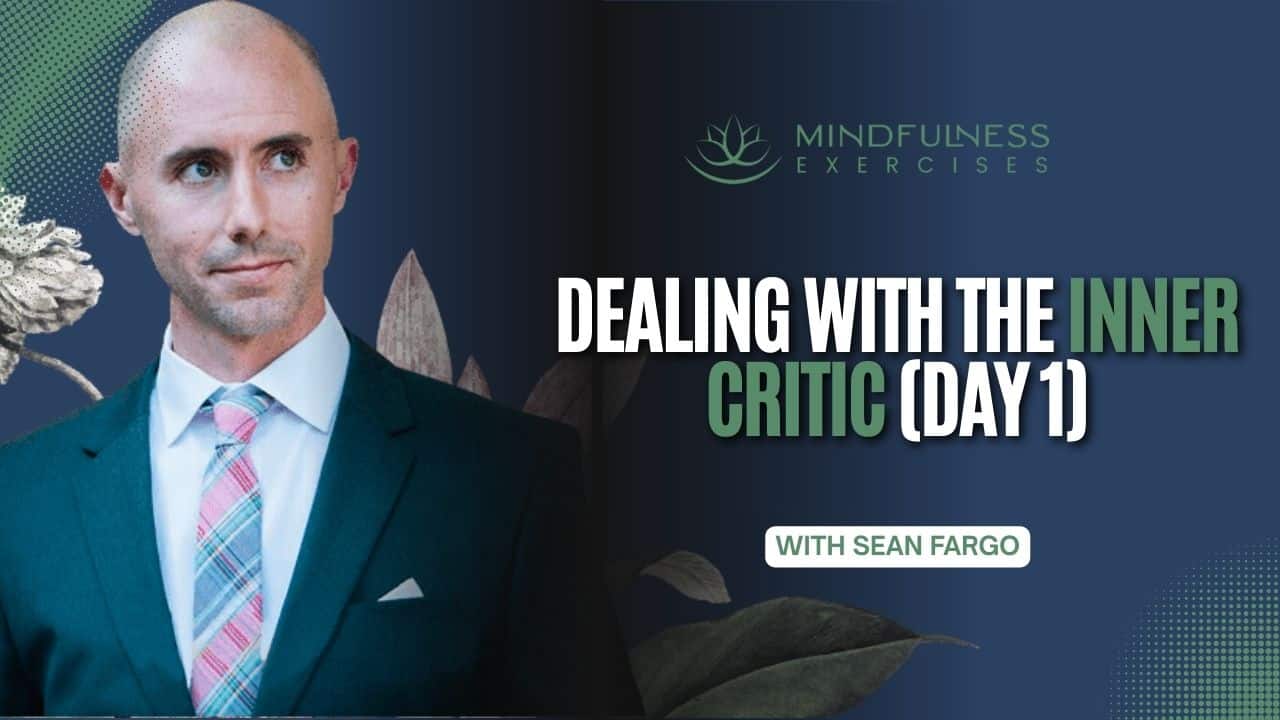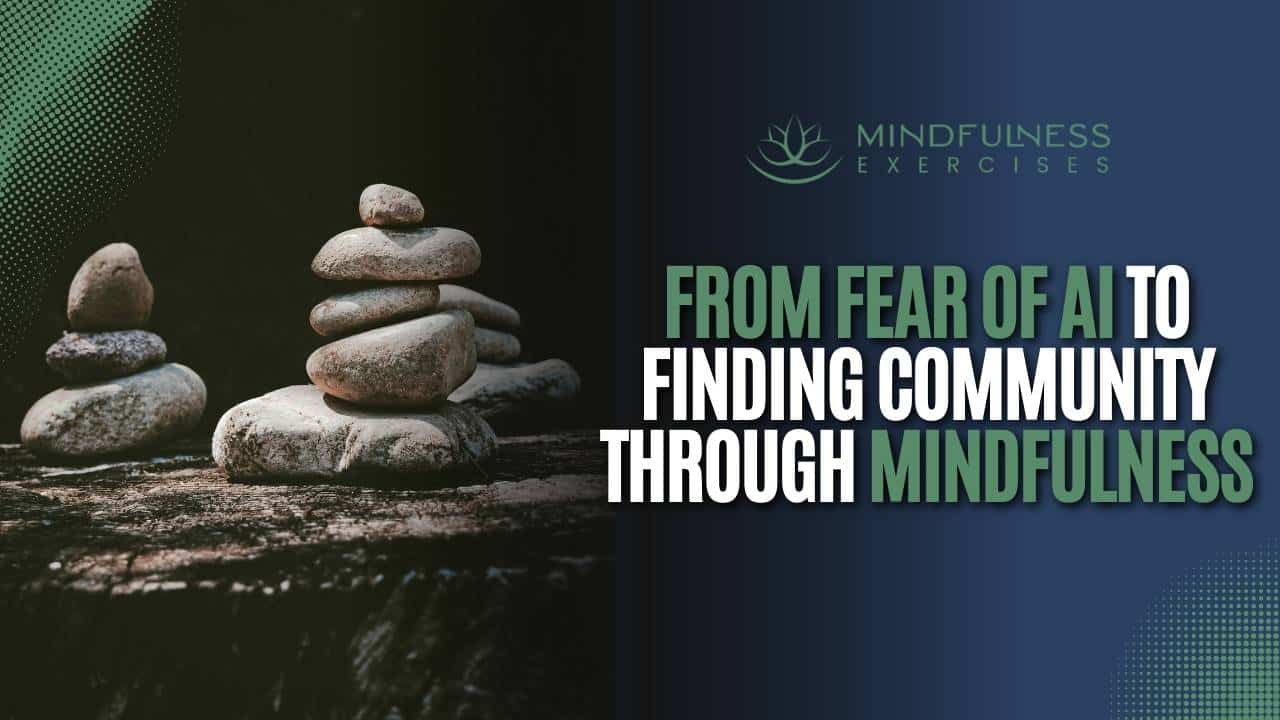Listen now
Do you believe everything that you think? What about when you’re complaining? In this episode, Byron Katie teaches us a compassionate self-inquiry technique that invites us to kindly question our thoughts and beliefs. This process can lead us toward greater peace, ease and freedom.
Byron Katie is a renowned speaker and author, known for a transformative self-inquiry practice she calls "The Work." In this episode, Katie introduces her teachings, shares profound insights, and guides us through practical exercises to help us explore and question our thoughts with compassion and curiosity.
Sponsored by our Mindfulness Meditation Teacher Certification Program
MindfulnessExercises.com/Certify
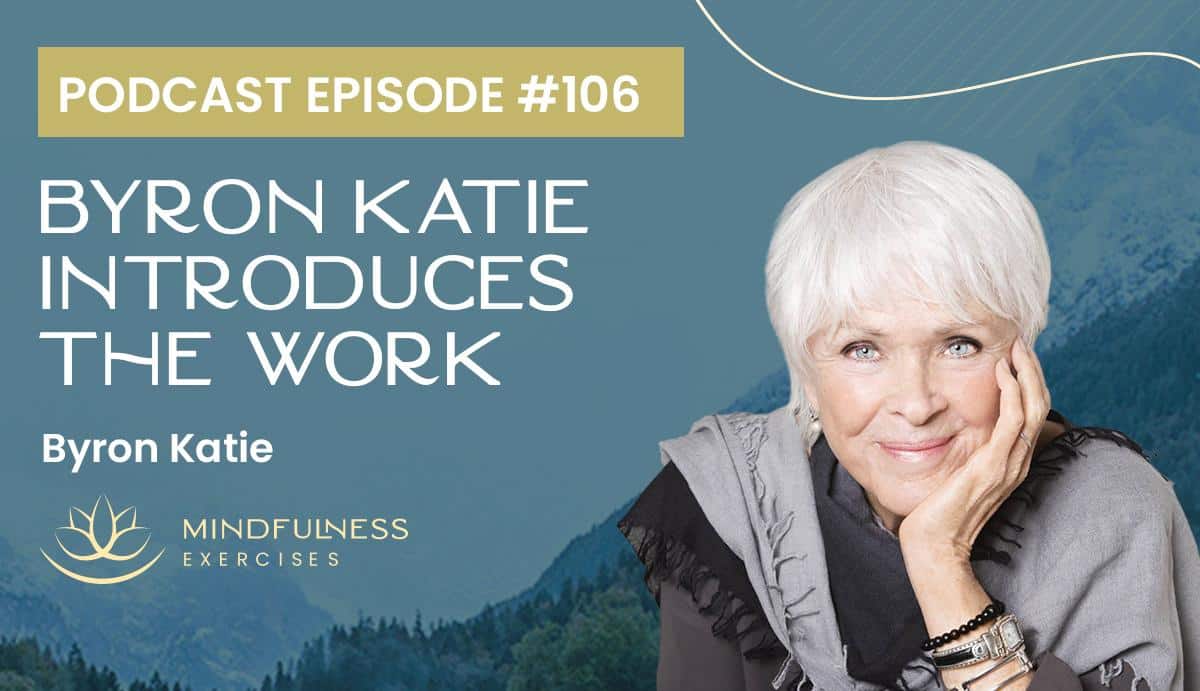
What You’ll Learn in This Episode:
Show Notes:
Byron Katie and “The Work”
In 1986, at the height of a ten-year struggle with depression and self-loathing, Katie experienced a profound awakening. She realized her suffering was the result of believing her stressful thoughts, and that by questioning these thoughts, she could find peace. This profound insight inspired her to create "The Work," a simple process consisting of four questions and a turnaround that transform mistaken beliefs into opportunities for compassion and clarity.
The 3-Step Process of “The Work”
The mindful self-inquiry process of “The Work” involves gently asking four questions about a stressful belief and then exploring the opposite of that belief. Similar to mindfulness, the practice invites stillness and an open mind, encouraging caring reflection regarding one's thoughts and beliefs.
Walking Through “The Work” With Byron Katie
In this episode, we are guided through a nurturing exercise where they note down complaints or stressful thoughts and then lovingly question them using Katie's method. As an example, Katie reflects on a scenario involving a lie, bringing kindness and understanding to the resulting emotions and reactions.
The Power of Reflecting On Our Beliefs
Katie gently encourages us to understand the origins of our beliefs and thoughts, often inherited or influenced by others. The exercise helps us explore our reactions with compassion. As we come to understand how our beliefs affect our behavior towards others, we become empowered to change both our behavior and the quality of our relationships.
The Critical Turnaround Technique
A key part of Katie’s process involves finding the opposite of the stressful belief and considering its truth with an open heart. This practice helps us gain new perspectives and develop empathy and compassion for ourselves and others.
Integrating “The Work” Into Life
Mindfulness and self-inquiry go hand in hand, and both are valuable partners if we are to continue expanding our understanding and compassion. Although we may begin “The Work” by filling out worksheets and taking our time, with practice, the process can become second nature. We can integrate the work into each moment of our daily lives, fostering self-awareness, loving-kindness and compassion.
Favorite Quotes:
"When I believed my stressful thoughts, I suffered. But when I questioned them, I didn't suffer."
"This is a love affair with the self. So, we move it respectfully from our head to paper, no matter how painful that thought has been for us, or how unacceptable."
"Who would I be without the thought? And then when you have mindfully filled that in, turn the thought around, which is to say find an opposite."
Meditation Practice to Embody "The Work" of Byron Katie
Purpose:
To help individuals mindfully question their thoughts and beliefs, fostering inner peace and self-awareness.
Duration:
20-30 minutes
Instructions:
Tips:
This talk is a brief excerpt from Byron Katie’s guest teacher presentation to those enrolled in our Mindfulness Meditation Teacher Certification. Access the full 2-hour episode and others by subscribing to masterclasses.mindfulnessexercises.com
Additional Resources:
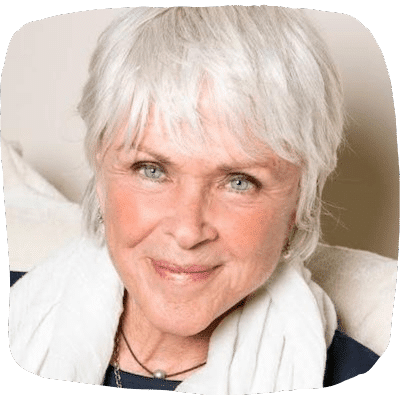
About Byron Katie:
Byron Katie is an influential American speaker and author renowned for her transformative process of self-inquiry known as "The Work." This simple yet powerful method consists of four questions and a turnaround, which helps individuals identify and question their negative beliefs. The process has touched millions of lives around the world, offering a pathway to clarity and inner peace.
Byron Katie is the author of several best-selling books, including "Loving What Is," "A Thousand Names for Joy," "I Need Your Love—Is That True?" and "A Mind at Home with Itself." Through her books, workshops, and online events, she continues to guide people in discovering their true nature and living a life free from suffering.

